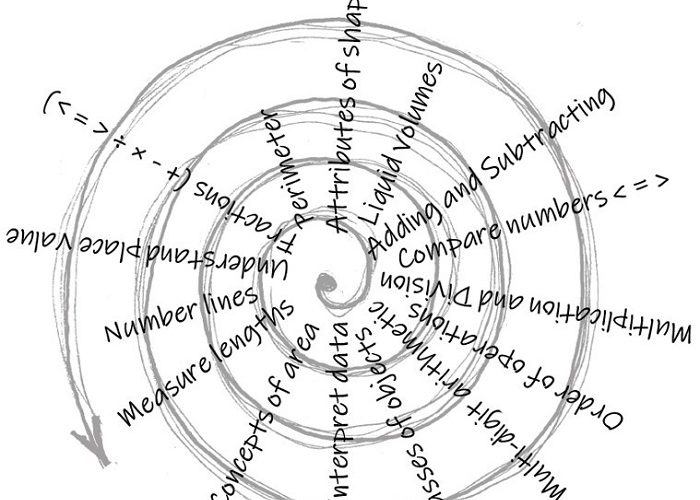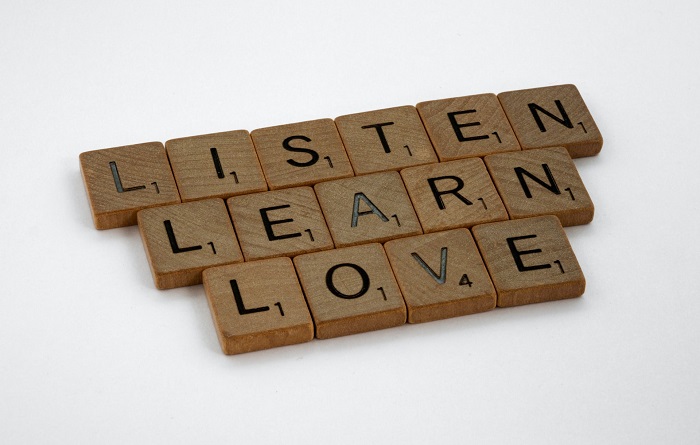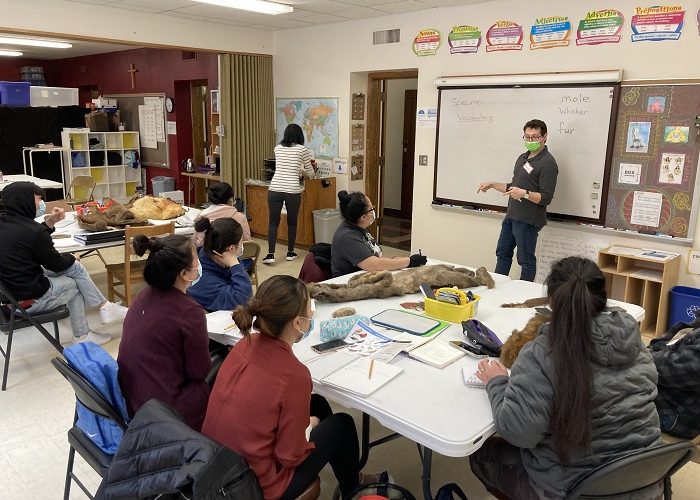Teaching Strategies
Recent Newsletter Articles

Throwback Thursdays and Other Life-Changing Routines
Here's a riddle for you. What can make bedtime easier, skin dewier, and bodies fitter? Here’s a hint. It can also make your classroom easier to manage, your students more relaxed, and your lesson planning simpler. Do you know what it is yet? Read on to find out! Read More

Bringing Financial Literacy into the ABE Classroom
Financial literacy is too often overlooked. People of all stripes may have a level of financial literacy that hinders their ability to function day to day, much less build life plans or get ahead. Our primary constituency here at the International Institute of Minnesota ─ new Minnesotans who were born outside the country ─ are especially vulnerable. Read More


Combatting the Churn: Exploring the Spiral Model of Instruction
In this special, full-length feature article, Corrections teacher Adam Kuehnel explores the spiral model of instruction in a low-level ABE mathematics classroom. While his subject matter is math, this successful instructional model can be applied to any adult education class. (See the synopsis for a summary of main points.) Read More

New Antiracism Instructional Resources Posted!
"Antiracism in ABE" is a large section of the Cultural Competency resource library on the ATLAS website. We have recently been adding new resources to the Antiracist Instruction category, since we know busy teachers are looking for specific things to use in their classrooms. Learn about a few of these great new resources! Read More

MENTAL WELLNESS! – IT MATTERS!
Many people are aware of methods to stay physically healthy, but few are educated about what it means to stay mentally healthy. Mental and physical health are closely intertwined, and both should be priorities in our lives. Read More

Routines That Foster Constructing Viable Arguments and Critiquing the Reasoning of Others – Part 2
Regardless of the subject matter, there is a skill/practice that is central to any learning: the ability to construct viable and valid arguments, and to engage in critiquing the reasoning of others - the reasoning of both students and teachers. There are routines you can put in place to help develop this skill/practice. Read More

Teaching Minnesota’s Natural History in an EL Classroom
This article shares a sample of curriculum developed by Nature for New Minnesotans, a University of Minnesota extension program committed to adapting experiential natural history programming for adult EL students in the Twin Cities. Read More

Check Out What’s New in the Antiracism in ABE Resource Library!
"Antiracism in ABE" is a large section of the Cultural Competency resource library on the ATLAS website. This summer we have been working to revamp the Antiracist Instruction category, since we know busy teachers are looking for specific things to use in their classrooms. Learn about a few of these great resources, including presentations by our own MN Adult Ed colleagues! Read More

Routines That Foster Constructing Viable Arguments and Critiquing the Reasoning of Others – Part 1
Regardless of the subject matter, there is a skill/practice that is central to any learning: the ability to construct viable and valid arguments, and to engage in critiquing the reasoning of others - the reasoning of both students and teachers. There are routines you can put in place to help develop this skill/practice. Read More